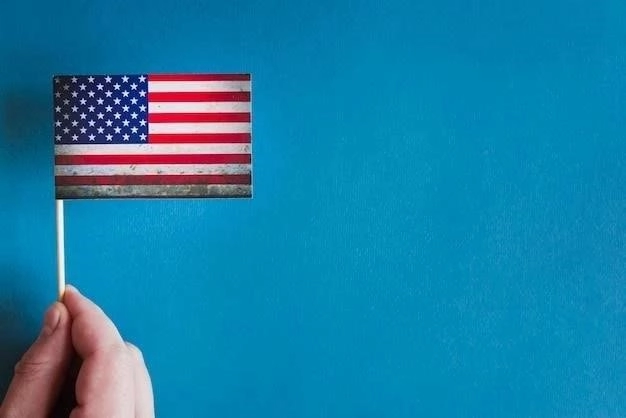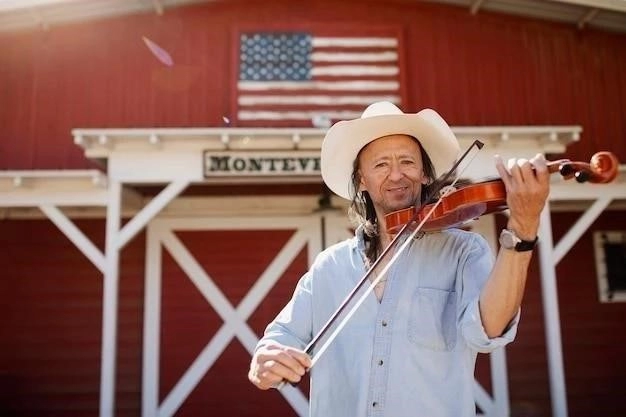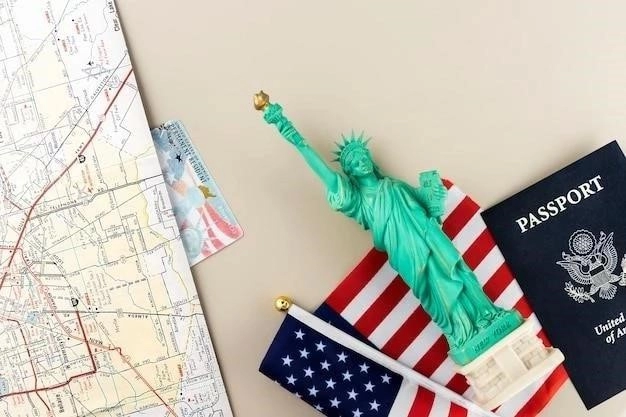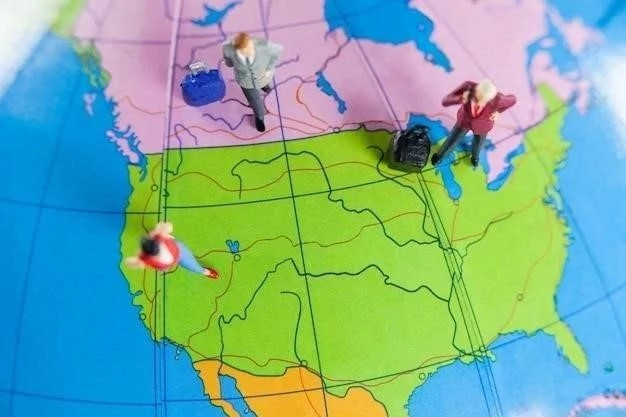The United States: A Land of Freedom?
The United States has long positioned itself as a beacon of liberty, a nation founded on principles of individual rights and democratic ideals. However, recent years have witnessed growing internal divisions and external scrutiny, raising questions about the true state of freedom in America today.

Defining Freedom in the American Context
Defining “freedom” within the American context is a complex endeavor, intricately woven with the nation’s history, legal framework, and evolving societal values. It encompasses not merely the absence of restraint but a multifaceted understanding of individual autonomy and collective rights. At its core lies the belief in inherent human dignity and the right to self-determination, free from undue governmental interference. This translates into a spectrum of freedoms, from the fundamental right to life and liberty to the more nuanced freedoms of speech, assembly, and religious expression.
However, the American conception of freedom has always been subject to debate and interpretation. The very notion of individual liberty exists in tension with societal needs and the common good, requiring constant negotiation and recalibration. Furthermore, the promise of equal access to these freedoms has often fallen short in practice, highlighting the persistent struggles for civil rights and social justice throughout the nation’s history.

Historical Perspectives on Freedom in America
The American narrative of freedom is inextricably linked to its complex and often paradoxical history. From the outset, the nation grappled with the contradiction of espousing liberty while simultaneously upholding a system of chattel slavery that denied basic human rights to a significant portion of its population. The struggle for emancipation, culminating in the Civil War and the subsequent Reconstruction amendments, marked a pivotal turning point, yet the legacy of racial injustice continues to cast a long shadow on the quest for true equality.
Throughout the 20th and 21st centuries, various social movements—championing civil rights, women’s suffrage, LGBTQ+ rights, and disability rights, among others—have challenged dominant power structures and pushed for a more inclusive understanding of freedom. These ongoing struggles underscore the dynamic nature of freedom as a continually evolving concept, requiring vigilance and active engagement to ensure its promise extends to all Americans.

The Constitution and the Bill of Rights: Guarantees of Freedom?
The United States Constitution, particularly its Bill of Rights, stands as a cornerstone of American ideals of freedom. These amendments enshrine fundamental rights such as freedom of speech, religion, the press, and assembly, protecting citizens from governmental overreach. The Constitution establishes a system of checks and balances intended to prevent tyranny and safeguard individual liberties against the potential abuses of power.
However, the interpretation and application of these constitutional guarantees have been subject to ongoing debate and evolution throughout the nation’s history. Judicial review, societal shifts, and political climates all influence how these freedoms are understood and practiced. Moreover, the inherent tension between individual liberties and collective interests, national security concerns, and evolving social norms continues to shape the boundaries of freedom as defined and protected by the Constitution.
Freedom of Speech and Expression: Limits and Challenges
Freedom of speech, enshrined in the First Amendment, is considered a cornerstone of American democracy. It guarantees the right to express oneself without censorship or fear of government reprisal, fostering a marketplace of ideas essential for a functioning democracy. However, this right is not absolute and faces limitations, often sparking debate about where to draw the line.
Certain categories of speech, such as incitement to violence, defamation, and obscenity, have historically been subject to restrictions. Moreover, the rise of the digital age, with its unprecedented capacity for information dissemination, has brought forth new challenges. Issues like online harassment, hate speech, and the spread of misinformation highlight the complex interplay between free expression and the responsibility to protect individuals from harm and safeguard democratic processes.
Freedom of the Press: Role, Importance, and Current State
A free and independent press is considered a cornerstone of a functioning democracy, serving as a watchdog against abuses of power and holding those in authority accountable. The First Amendment’s guarantee of press freedom safeguards the media’s ability to inform the public, facilitate open debate, and provide a platform for diverse viewpoints. This role is paramount in holding elected officials accountable and fostering transparency within a democratic society.
However, the media landscape in the 21st century faces numerous challenges. The rise of misinformation and disinformation, coupled with increasing political polarization and distrust in traditional media, poses a significant threat to informed public discourse. Furthermore, economic pressures, evolving business models within the media industry, and concerns about the influence of media consolidation all impact the press’s ability to fulfill its vital democratic function effectively.
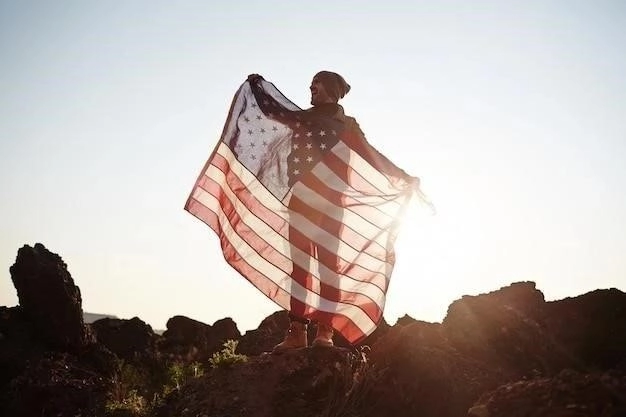
Freedom of Religion: A Cornerstone of American Identity

Freedom of religion, enshrined in the First Amendment, stands as a fundamental pillar of American identity. It guarantees the right to practice one’s chosen faith without government interference, fostering a pluralistic society where diverse religious beliefs and practices can coexist. This separation of church and state is intended to prevent religious persecution and promote individual autonomy in matters of faith.
However, the interpretation and application of religious freedom remain complex and contested. Debates surrounding religious expression in the public sphere, government accommodation of religious practices, and the intersection of religious beliefs with anti-discrimination laws highlight the ongoing challenge of balancing individual religious liberties with broader societal values and legal frameworks.
Economic Freedom in the United States: Opportunities and Inequalities
The United States has long prided itself on being a land of economic opportunity, where individuals are free to pursue their aspirations and climb the economic ladder. The principles of free enterprise, limited government intervention, and individual initiative are deeply embedded within the American psyche. This system has undoubtedly fostered innovation, entrepreneurship, and overall economic prosperity.
However, alongside these opportunities exists a stark reality of economic inequality. Disparities in wealth, income, and access to resources persist across racial, geographic, and socioeconomic lines. Factors like systemic discrimination, unequal access to education and healthcare, and a changing economic landscape contribute to these disparities, raising questions about the true extent of economic freedom for all Americans and the potential barriers that hinder upward mobility for marginalized communities.

The Right to Bear Arms: History, Debate, and Implications
Enshrined in the Second Amendment, the right to bear arms is a deeply ingrained aspect of American culture and a source of ongoing political and social debate. Advocates view it as a fundamental individual right rooted in self-defense, a safeguard against tyranny, and a symbol of American liberty. Historically, it was intertwined with the formation of militias and the nation’s struggle for independence.
However, the interpretation and application of the Second Amendment in contemporary society are highly contested. Recurring incidents of gun violence, including mass shootings, have fueled calls for stricter gun control measures, while opponents argue that such restrictions infringe upon fundamental rights and that the focus should be on addressing underlying societal issues. This contentious debate continues to shape the political landscape and raises complex questions about the balance between individual rights and public safety.
The Criminal Justice System and Freedom: Mass Incarceration and Racial Disparities
The United States grapples with a complex and often contradictory relationship between its criminal justice system and the ideals of freedom. While the Constitution guarantees due process and equal protection under the law, the reality of mass incarceration and pervasive racial disparities raises profound concerns about the equitable application of justice. The overrepresentation of minority groups within the prison system, often stemming from disparities in sentencing, law enforcement practices, and socioeconomic inequalities, starkly contrasts with the nation’s founding principles of liberty and justice for all.
This systemic imbalance not only undermines individual freedoms but also erodes trust in the institutions meant to uphold them. Addressing this challenge requires a multifaceted approach, including criminal justice reform aimed at reducing mass incarceration, addressing racial biases within the system, and promoting rehabilitation and reintegration for those who have served their time.
Immigration and Freedom: The Promise and the Reality
The United States, built on immigration, has long grappled with balancing its identity as a nation of immigrants with the complexities of managing migration flows and integrating newcomers. The promise of America—a land of opportunity and freedom—has drawn people from across the globe seeking refuge, prosperity, and a better life. However, the reality of the immigration system often falls short of this ideal.
Navigating complex legal processes, facing discrimination, and encountering economic disparities pose significant challenges for immigrants seeking to establish themselves and contribute to American society. Furthermore, debates surrounding border security, pathways to citizenship, and the treatment of undocumented immigrants highlight the ongoing tension between upholding national interests and honoring the nation’s historical commitment to welcoming those seeking refuge and opportunity.
The United States on the Global Freedom Index: A Comparative Perspective

While the United States often espouses its position as a global champion of freedom and democracy, its ranking on international indices presents a more nuanced perspective. Various organizations, such as Freedom House and the Cato Institute, assess nations based on factors like civil liberties, political rights, rule of law, and economic freedoms. In recent years, the United States has experienced a decline in its ranking on some of these indices, raising concerns about the state of its democracy.
Factors contributing to this decline include concerns about political polarization, erosion of trust in institutions, limitations on voting rights, and persistent racial and socioeconomic disparities. While the U.S. still ranks relatively high in global comparisons, these trends serve as a crucial reminder that upholding democratic ideals requires constant vigilance and ongoing efforts to address internal challenges to ensure freedom for all.
The Future of Freedom in the United States: Challenges and Opportunities
As the United States navigates an increasingly complex and interconnected world, the future of freedom within its borders hinges on addressing a confluence of challenges and harnessing emerging opportunities. Political polarization, social fragmentation, and economic disparities pose significant threats to the cohesiveness of the nation’s social fabric and the enduring pursuit of a more perfect union.
However, these challenges also present opportunities for renewal and reaffirmation of core democratic values. Fostering civil discourse, bridging societal divides, strengthening democratic institutions, and ensuring equal access to opportunity for all are paramount to securing a future where the promise of freedom remains a tangible reality for generations to come.

